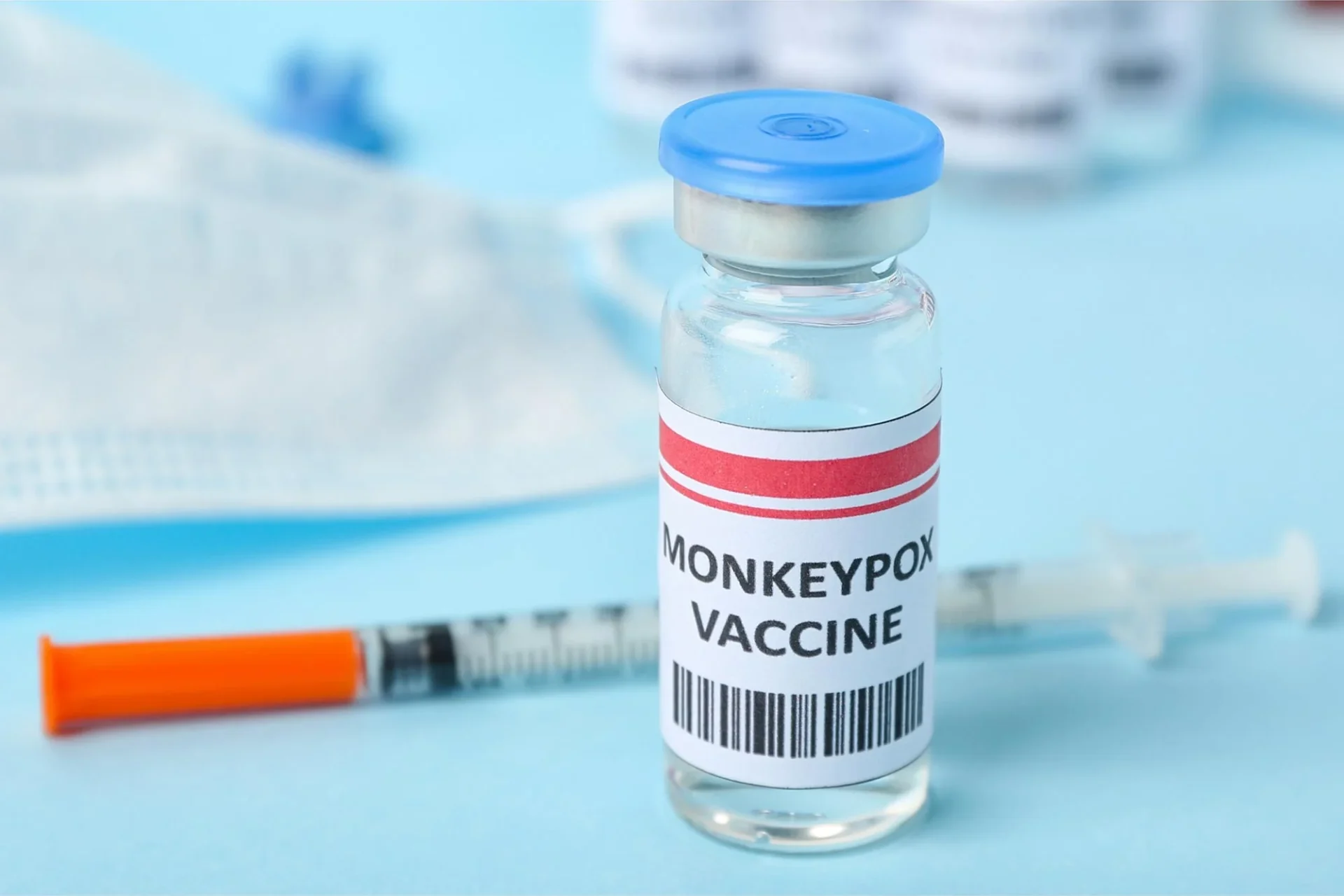How Physical Health Issues Can Impact Mental Health and Vice Versa
In the realm of healthcare, there is a growing recognition of the intricate relationship between physical and mental health. This interconnectedness means that issues in one area can significantly affect the other, leading to a cycle that can either enhance or deteriorate overall well-being. Understanding this connection is crucial for developing holistic approaches to health and wellness.

How Physical Health Issues Impact Mental Health
1. Chronic Illness and Mental Health
Living with a chronic illness such as diabetes, heart disease, or arthritis can take a significant toll on mental health. The constant pain, fatigue, and medical appointments can lead to feelings of frustration, helplessness, and despair. Over time, this can develop into anxiety, depression, or other mental health disorders. For instance, studies have shown that individuals with chronic conditions are more likely to experience depression compared to those without such conditions.
2. Pain and Psychological Distress
Chronic pain is another major factor that can negatively impact mental health. Persistent pain can interfere with daily activities, reduce quality of life, and lead to sleep disturbances. The ongoing discomfort often leads to stress, anxiety, and depression. Furthermore, the fear of pain or worsening symptoms can limit social interactions and physical activities, exacerbating feelings of isolation and depression.
3. Physical Limitations and Self-Esteem
Physical health issues that lead to mobility limitations or visible changes in appearance can significantly affect self-esteem and body image. Conditions such as obesity, severe acne, or physical disabilities can result in social stigma and discrimination, contributing to poor mental health. Individuals may experience a reduced sense of self-worth, increased anxiety, and social withdrawal.
How Mental Health Issues Impact Physical Health
1. Stress and Physical Health
Mental health issues, particularly chronic stress, can have profound effects on physical health. Stress triggers the release of hormones like cortisol and adrenaline, which, over time, can lead to various health problems such as hypertension, heart disease, and a weakened immune system. Chronic stress can also exacerbate existing health conditions and slow down the recovery process.
2. Depression and Lifestyle Choices
Depression often leads to poor lifestyle choices that can negatively affect physical health. Individuals with depression may experience a lack of motivation to engage in physical activities, maintain a healthy diet, or follow medical advice. This can result in weight gain, malnutrition, and increased vulnerability to illnesses. Additionally, depression is associated with behaviors such as smoking, alcohol abuse, and substance use, which further compromise physical health.
3. Anxiety and Physical Symptoms
Anxiety disorders can manifest through physical symptoms such as headaches, stomach problems, muscle tension, and fatigue. These symptoms can lead to a vicious cycle where the physical discomfort increases anxiety, which in turn exacerbates the physical symptoms. Furthermore, anxiety can result in sleep disturbances, contributing to a decline in both mental and physical health.
The Bidirectional Relationship
The connection between physical and mental health is bidirectional, meaning that each can influence and exacerbate the other. For example, a person with a chronic illness may develop depression, which then worsens their ability to manage the illness effectively, leading to further physical decline. Conversely, an individual with depression may neglect their physical health, resulting in conditions like obesity or heart disease, which then further impacts their mental health.
Promoting Holistic Health
Understanding the interplay between physical and mental health is essential for promoting holistic health. Here are some strategies to foster both aspects of well-being:
1. Integrated Healthcare
Integrated healthcare approaches that combine physical and mental health services can provide more comprehensive care. This includes regular mental health screenings for patients with chronic physical conditions and addressing physical health in individuals receiving mental health treatment.
2. Regular Physical Activity
Engaging in regular physical activity is beneficial for both physical and mental health. Exercise releases endorphins, which improve mood and reduce stress. It also helps manage weight, improve cardiovascular health, and enhance overall physical fitness.
3. Balanced Diet
A nutritious diet supports physical health and can also have a positive impact on mental well-being. Foods rich in omega-3 fatty acids, vitamins, and minerals are known to improve brain function and reduce symptoms of depression and anxiety.
4. Mindfulness and Stress Reduction
Practices such as mindfulness, meditation, and yoga can help manage stress and improve mental health. These practices also have physical benefits, including reducing blood pressure, improving heart health, and enhancing overall resilience.
5. Support Systems
Building strong support systems through family, friends, and community resources can provide emotional support and practical assistance. Social connections are vital for mental health and can also motivate individuals to take better care of their physical health.
Conclusion
The connection between physical and mental health is undeniable and complex. By recognizing and addressing the interplay between these two aspects of health, individuals and healthcare providers can adopt more holistic approaches to wellness. Prioritizing both physical and mental health is essential for achieving optimal overall well-being and a higher quality of life.


